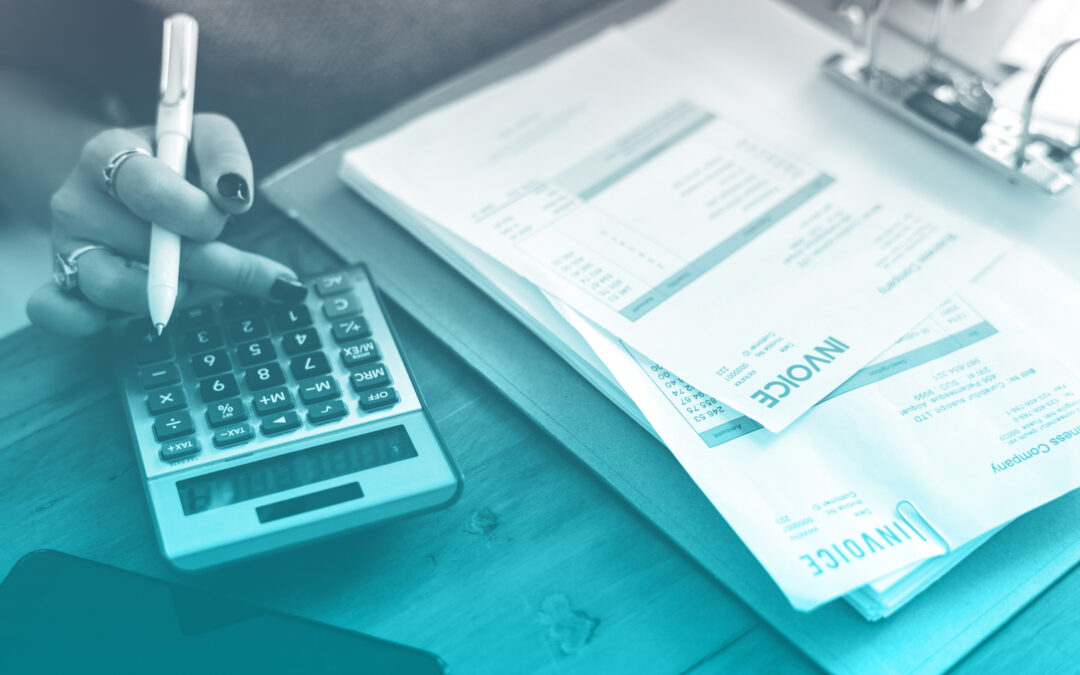The Cost Effectiveness of Addiction Treatment
“Addiction” used to be a taboo word spoken in whispers. Now, it is an everyday term passed around casually. While society’s openness about addiction allows the problem to be discussed and addressed, the casual use of the word is also a testament to the prevalence of substance abuse. According to the Centers for Disease Control and Prevention, more than 48 million Americans misused prescription drugs or used illicit drugs in 2016 alone. If you are were one of those people or know someone who has substance addictions, rehabilitation is probably something you have or are considering.
Many people wonder “How much is rehab?” and “Is rehab cost effective?” Here is a brief overview rehabilitation services, how much they cost, and their effectiveness when compared to other common solutions for drug addiction.
Understanding Rehabilitation
Drug rehabilitation is a process of helping individuals addicted to substances overcome their dependency on those substances. A rehab center is a facility that offers therapy, counseling and treatment to help break the cycle of addiction and assist affected individuals in living productive, healthy, sober lives. Many people wonder “How much does rehab cost?” and are surprised to discover that a typical program can run anywhere from $7,500 to $25,000 or more. Though initially shocking, the cost is much less than you would expect to spend if you had to stay in a hospital for the same amount of time due to an injury or illness.
Results Versus Cost
When you’re wondering “how much is rehab?” and “Is rehab cost effective?”, it’s important to compare the success rate of rehabilitation to other common solutions for drug addicts. There are three main ways society deals with addicts:
1. Do Nothing
Doing nothing is the same as turning a blind eye to the problem. This approach is not cost effective and often results in death of the affected individual. The National Institute on Drug Abuse reveals a shocking upward trend in overdose deaths. In 2017 alone, there were more than 70,000 deaths attributed to overdoses. That is almost double the amount of people who died from car accidents in the same year. Doing nothing about drug addiction can cost society a lot: both in terms of money and in terms of life.
2. Incarcerate Addicts
The second option for dealing with drug addiction is to incarcerate addicts. This approach is sometimes effective at helping the affected individual become sober, but it does so at a high cost. Consider the fact that it costs approximately $18,400 per year to incarcerate a drug addict. If incarcerated long enough, the individual is forced to go through drug withdrawals. However, he or she does not receive therapy or the treatments and techniques for dealing with future cravings. One study published in the journal Addiction Science & Clinical Practice shows that 23% and 18% of prisoners released from incarceration report a rapid return to illicit alcohol and substance abuse, respectively. With relapse comes a high chance of re-incarceration, which means society will have to pay for many repeat incarcerations due to substance abuse.
3. Provide Treatment
Drug rehabilitation is perhaps the most cost-effective solution. Success rates vary by center, but the National Institute on Drug Abuse reports that most people who receive extended periods of treatment are able to stop using drugs, improve their overall health and decrease their criminal activity. The same institute also reports that for every $1 invested in rehab treatment, society receives a return of up to $7 in criminal justice costs, reduced drug-related crime and decreased theft.
Learn More
If you or someone you love struggles with substance abuse, there is help and hope available. If you’re wondering “How much does rehab cost?” call Clean Recovery Centers to schedule a consultation or fill out their online form to request more information.
Sources:
- https://nida.nih.gov/research-topics/trends-statistics/overdose-death-rates
- https://ascpjournal.biomedcentral.com/articles/10.1186/s13722-019-0136-6
- https://www.drugabuse.gov/publications/principles-drug-addiction-treatment-research-based-guide-third-edition/frequently-asked-questions/how-effective-drug-addiction-treatment
Recent Posts


